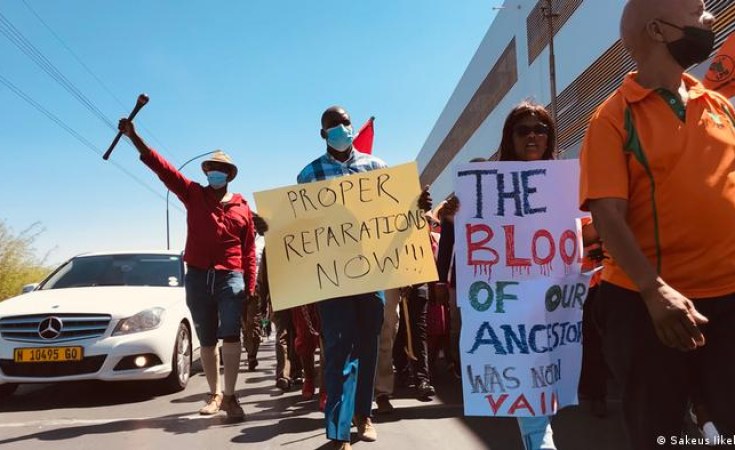Harare — The governments of Germany and Namibia have come under fire from UN special rapporteurs for breaching the rights of Herero and Nama ethnic minorities by keeping them out of discussions about making up for the atrocities committed against them under colonial rule, according to a report.
The seven UN delegates published their correspondence with both countries and pushed Germany to accept responsibility for all of its colonial crimes in Namibia, including mass murder, according to the Guardian. They also stated that it was improper for the Herero and Nama to have been indirectly involved in negotiations through an advisory council. The recommended that Germany compensate the Herero and Nama directly rather than via the Namibian government.
The focus of the special rapporteurs, according to the report, has been on determining the facts surrounding any violations of international law. They are not being compensated by the UN Human Rights Council, which gave them the positions in their capacity as impartial experts. Reports cannot be used as leverage over governments. They are seen to have a significant impact, though.
This centres around the brutal murder of tens of thousands of Herero and Nama. In the early 1900s, colonial troops killed tens of thousands of protesting Nama and Herero in the Omaheke desert region, in what was then known as German South West Africa.
In 2022, the Ovaherero Traditional Authority and the Nama Traditional Leaders Association approached the German government on the 1904 to 1908 genocide agreement that is currently on the table between Namibia and Germany. Their petition regarding the genocide agreement discussed in May, 2021 calls on the new German government, now led by chancellor Olaf Scholz, to dismantle the proposed agreement and to negotiate with the surviving descendants of the Herero and Nama genocide victims directly while the Namibian government facilitates the process.
In June 2021, Germany recognised for the first time that it committed genocide in Namibia during its colonial rule more than a century ago and promised financial support worth more than one billion euros (U.S.$1.2 billion) to fund infrastructure projects in the southern African country. The traditional leaders feel that what is being offered is too little, an insult to their community and totally different to what they, the chiefs, had agreed on.


